Your cart is currently empty!
Tag: OrganicGrowing
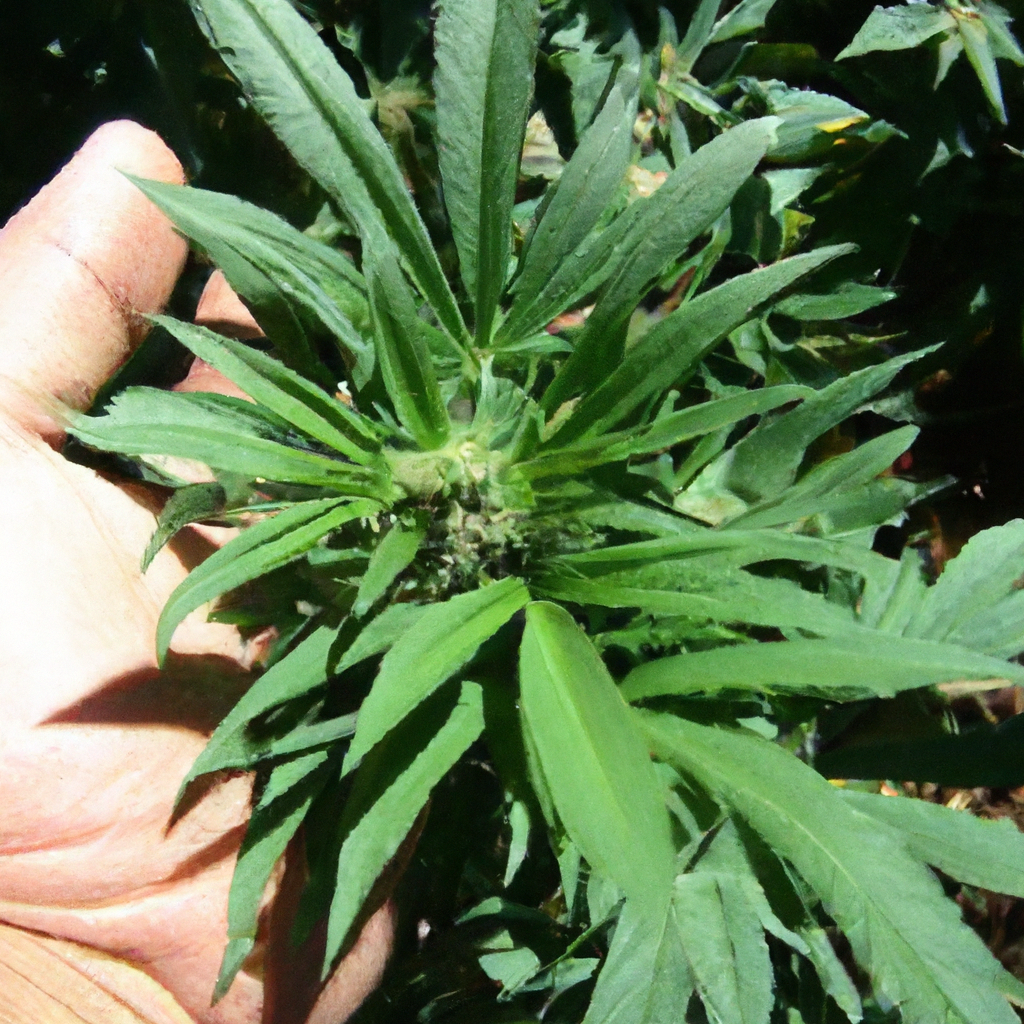
Growing cannabis organically promotes sustainability and plant health while yielding high-quality results. Emphasizing soil health, organic pest control, and water conservation forms the foundation of this approach. Key techniques include enriching soil with compost and cover crops, using beneficial insects and neem oil for pest management, and employing drip irrigation and rainwater harvesting for efficient…
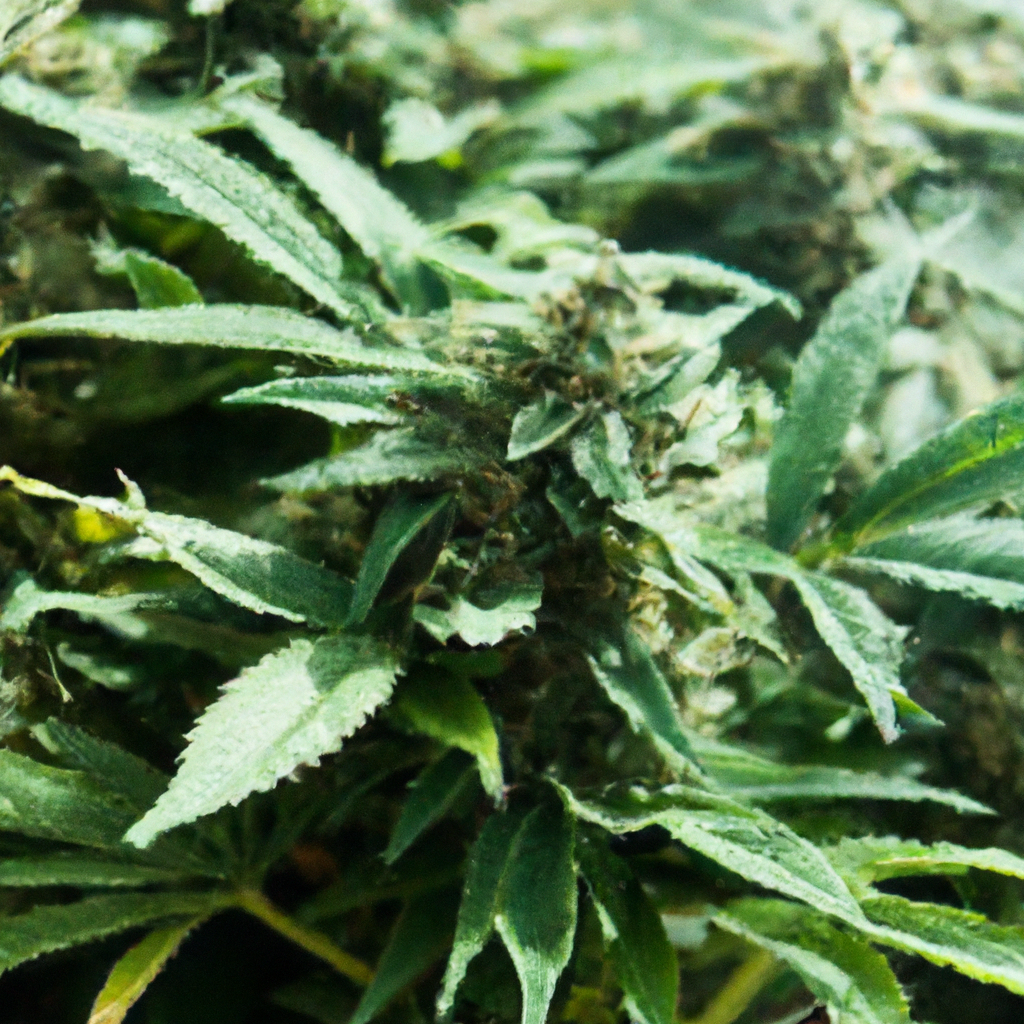
Discover the benefits of premium organic cannabis cultivation, where enthusiasts prioritize sustainable practices for enhanced flavors and potency. Organic methods eschew synthetic chemicals, promoting environmental health and richer terpene profiles. Key strategies include compost integration, beneficial microbes, and companion planting for a thriving soil ecosystem. Natural fertilizers like fish emulsion and kelp support robust growth,…
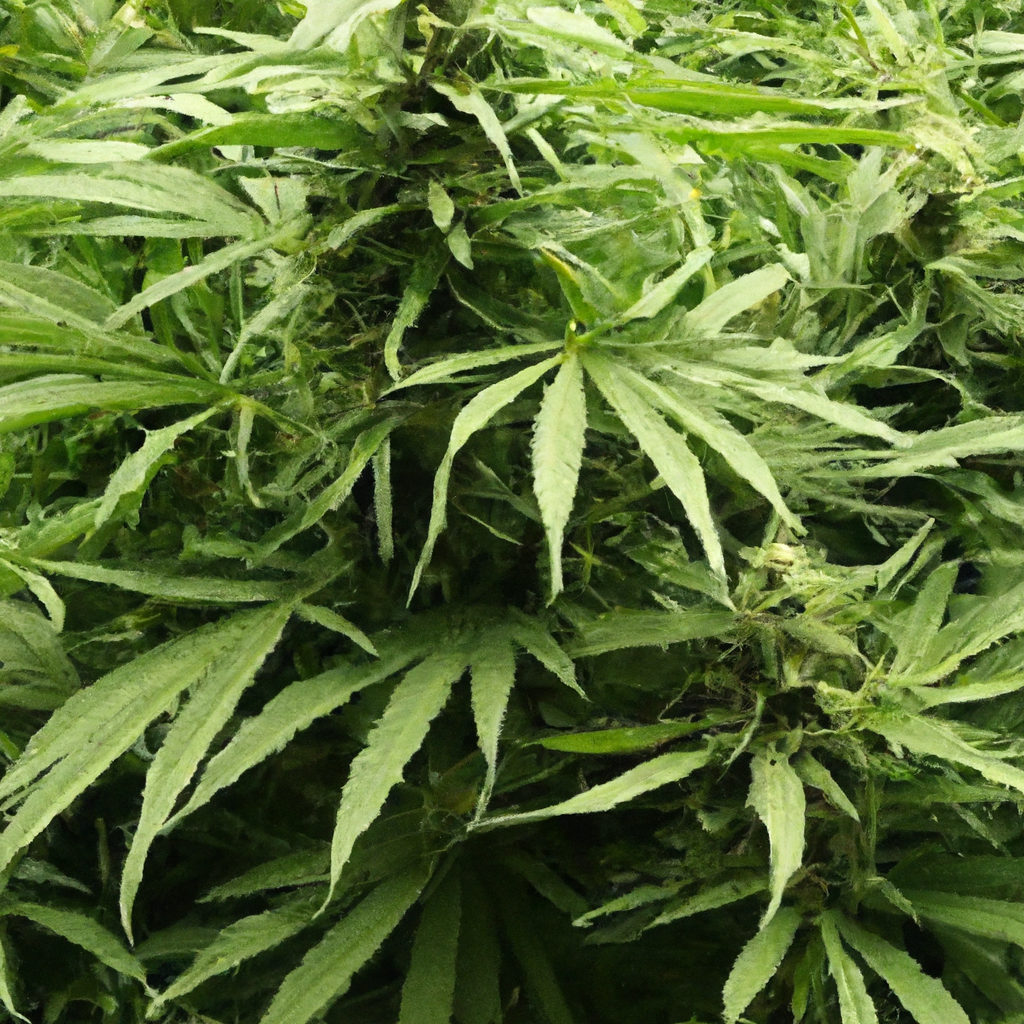
In the pursuit of environmentally conscious agriculture, organic cannabis growing exemplifies sustainable cultivation by utilizing natural resources and eliminating synthetic chemicals. Key practices include building a robust soil ecosystem through composting, companion planting, and beneficial microbes, alongside using organic fertilizers like manure and fish emulsion. Natural pest control methods, such as neem oil and diatomaceous…
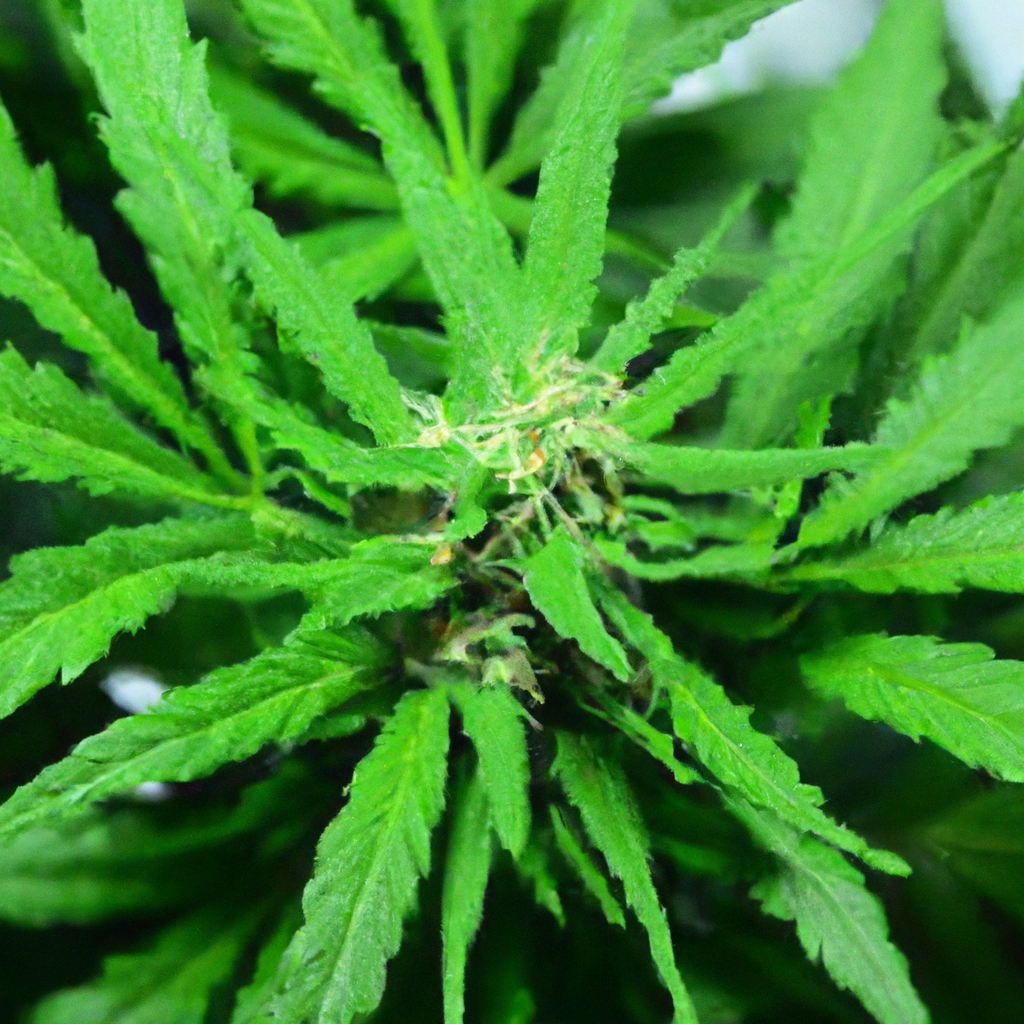
Effective fertilization is crucial for maximizing cannabis growth, whether indoors or outdoors. This guide emphasizes the importance of nutrient management, highlighting the roles of macronutrients like nitrogen, phosphorus, and potassium, as well as trace micronutrients. Key practices include conducting soil tests to prevent over-fertilization, selecting the right fertilizer based on your soil’s needs and the…
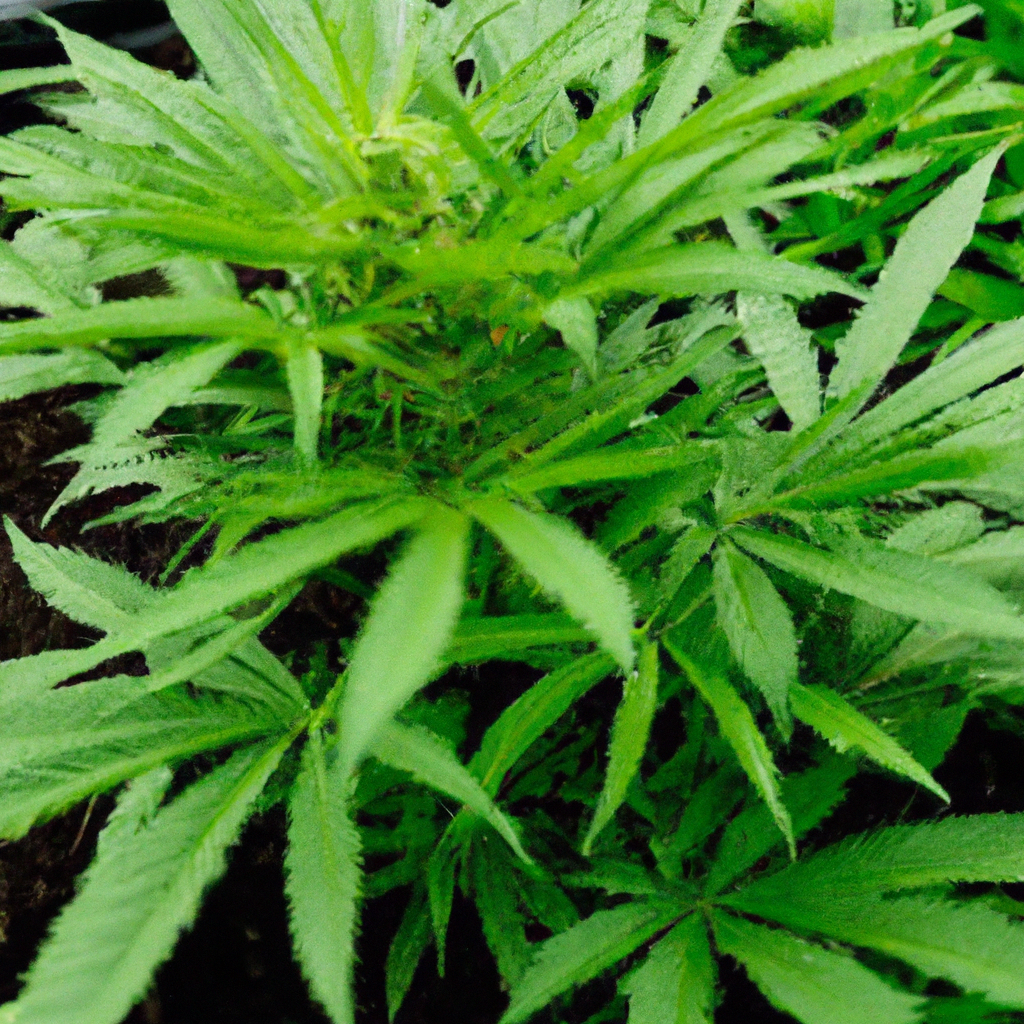
Embarking on organic cannabis cultivation involves nurturing a vibrant ecosystem using natural compounds instead of synthetic chemicals. Success begins with enriching soil using natural fertilizers like compost, worm castings, and bat guano, which support healthy plant growth. Natural pest control strategies, such as Integrated Pest Management, further sustain the garden’s balance by using companion planting,…
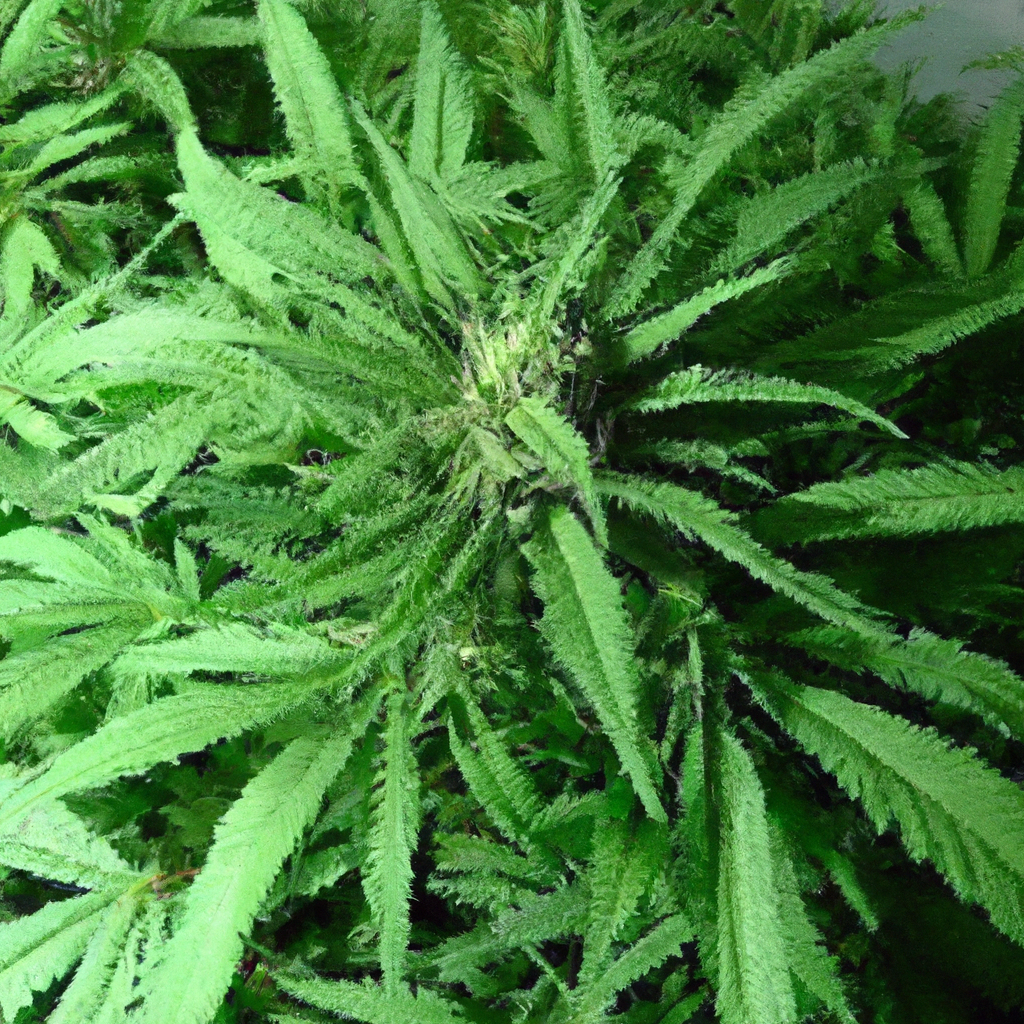
Organic cannabis growing prioritizes environmental health through sustainable practices, avoiding synthetic chemicals in favor of natural fertilizers and pest control. This approach begins with building healthy soil ecosystems using organic compost, beneficial microbes, and crop rotation. Choosing natural fertilizers like manure and bone meal supports plant nutrition without chemical impacts. Natural pest control methods, such…
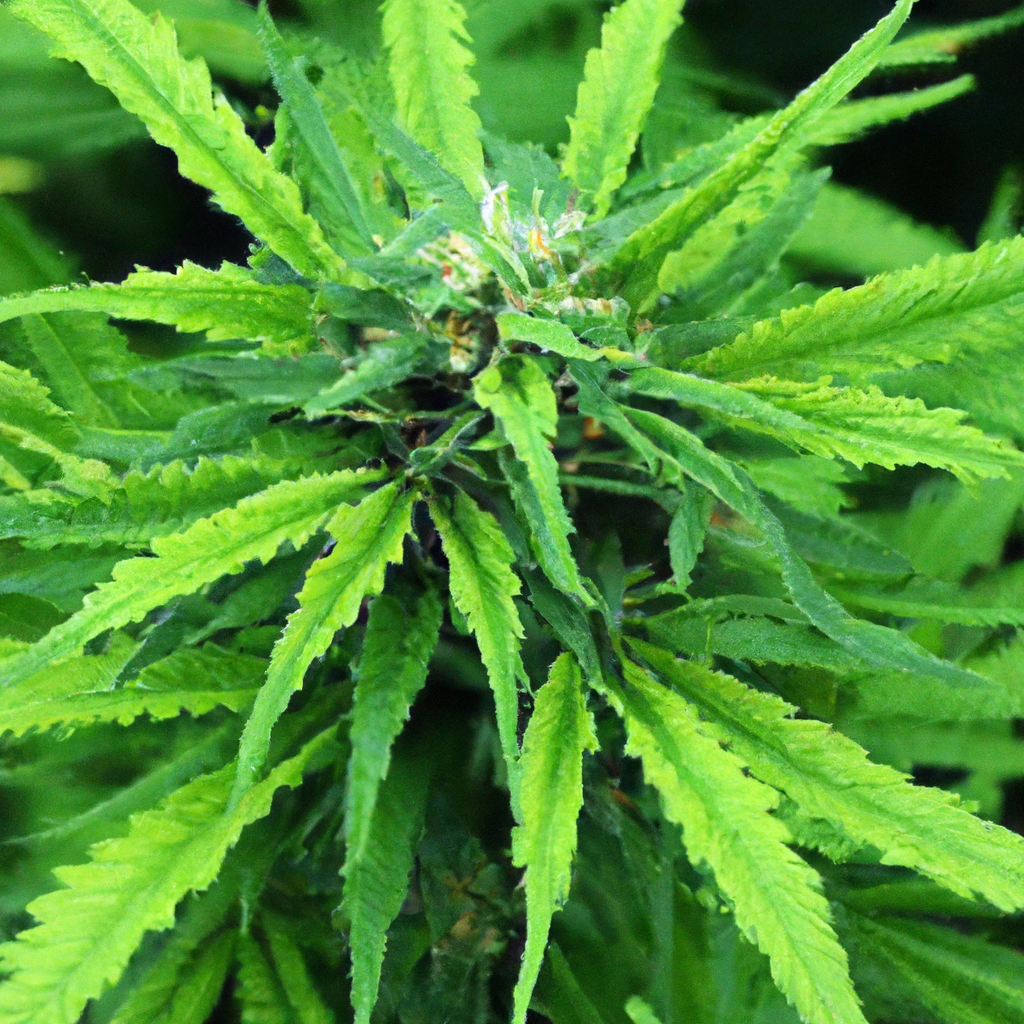
Organic cannabis cultivation is becoming increasingly popular as growers seek high-quality, eco-friendly products by focusing on sustainability and natural methods. This approach enhances soil health through the use of organic matter, natural fertilizers like fish emulsion and bone meal, and organic pest control techniques such as companion planting and beneficial insects. Benefits include reduced environmental…
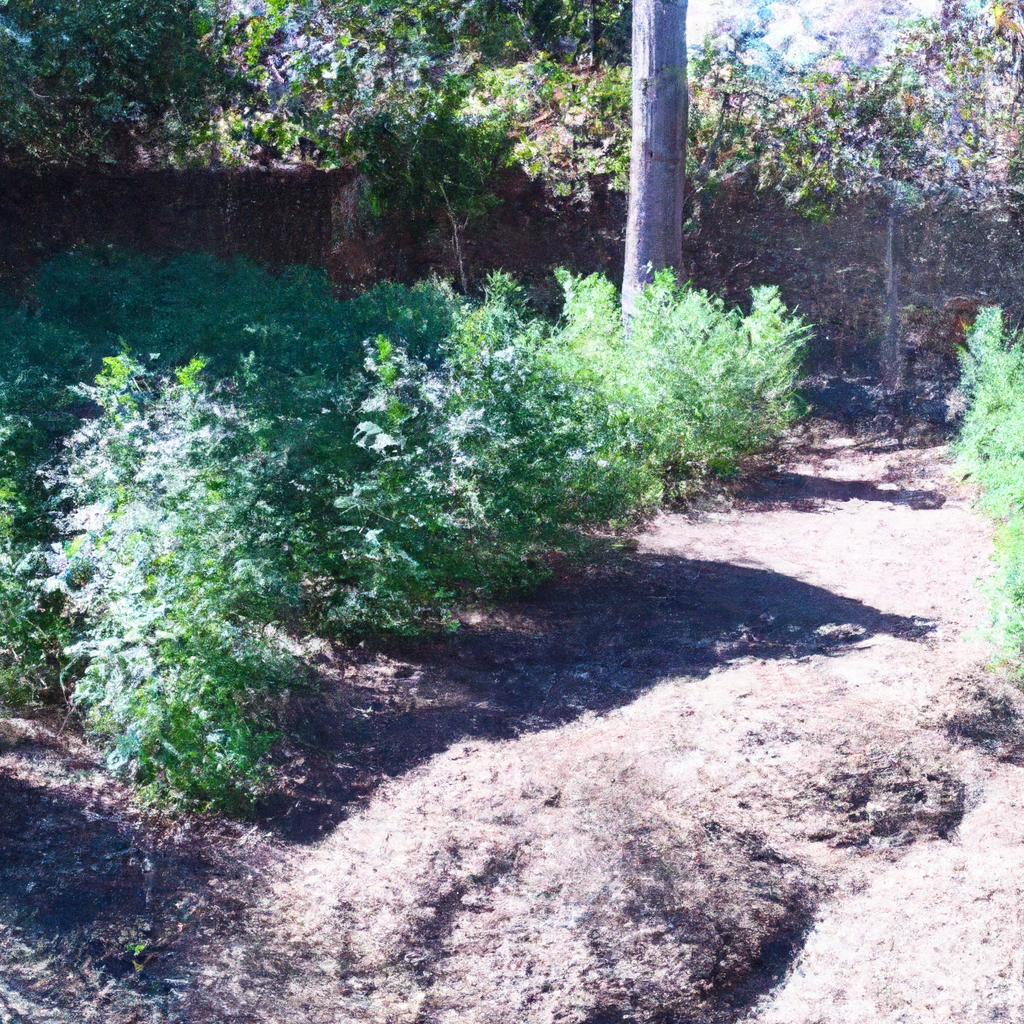
Organic mulching is an effective technique for enhancing cannabis cultivation by conserving soil moisture, suppressing weeds, and improving plant health. It works by providing a protective layer that retains moisture, inhibits weed growth, enriches the soil as it decomposes, and insulates roots from temperature extremes. Popular organic mulch types include wood chips, straw, leaf mold,…
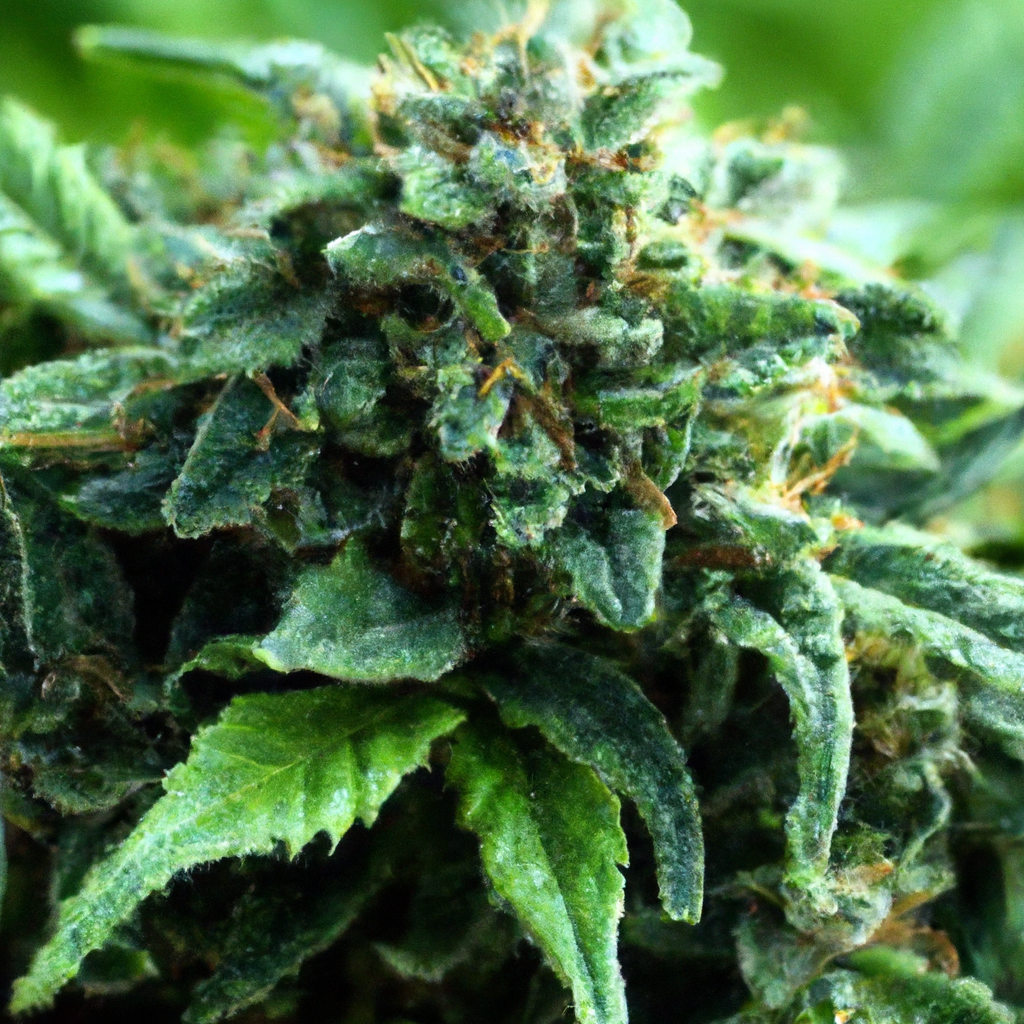
In the pursuit of sustainability, organic cannabis cultivation stands out by minimizing harmful chemicals and enhancing product quality. This approach emphasizes building a robust soil ecosystem through composting, beneficial microbes, and cover cropping. It nourishes plants with natural fertilizers like fish emulsion and seaweed extract, and uses organic pest control methods such as companion planting…
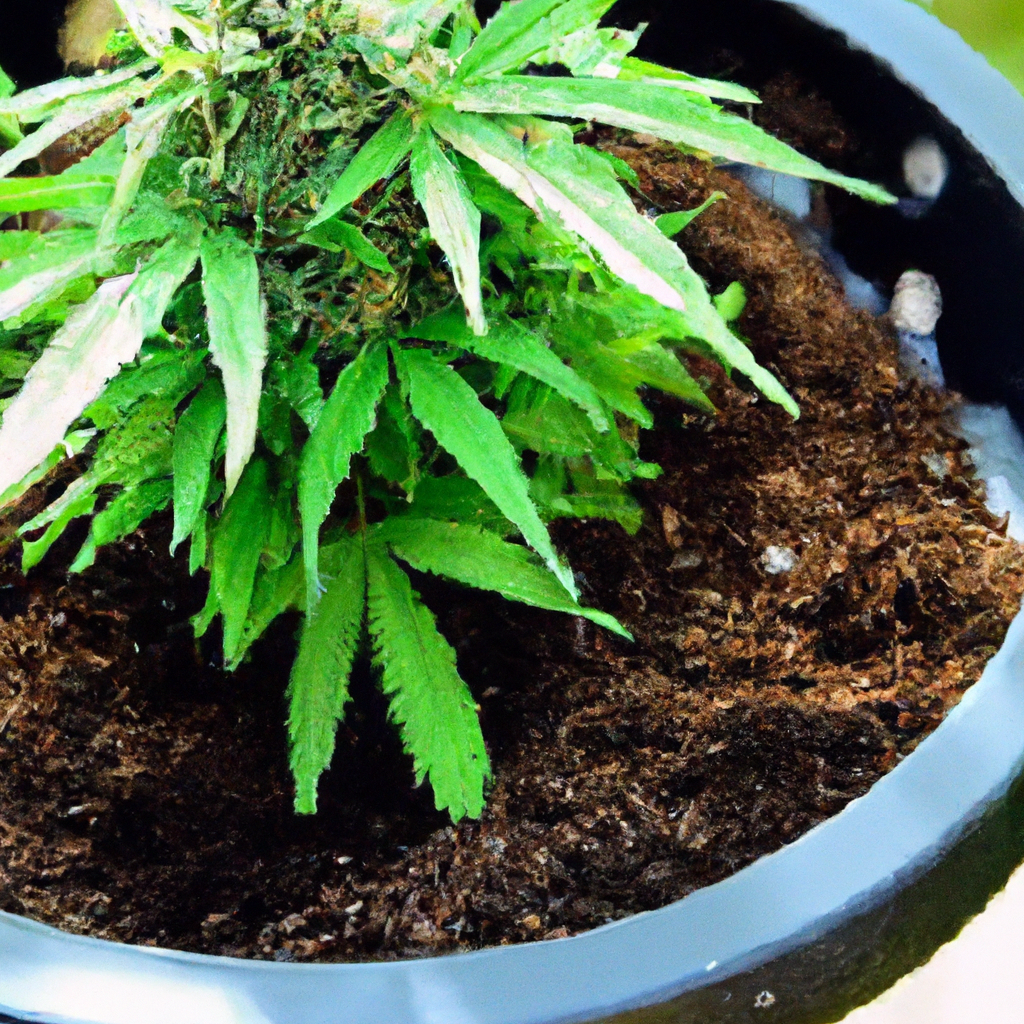
Unlocking the full potential of cannabis plants often begins with soil amendments, which are key in enhancing growth by providing essential nutrients, improving soil structure, and boosting microbial activity. This article delves into choosing the right organic or inorganic soil amendments, such as compost, perlite, worm castings, and bone meal, each offering unique benefits like…
